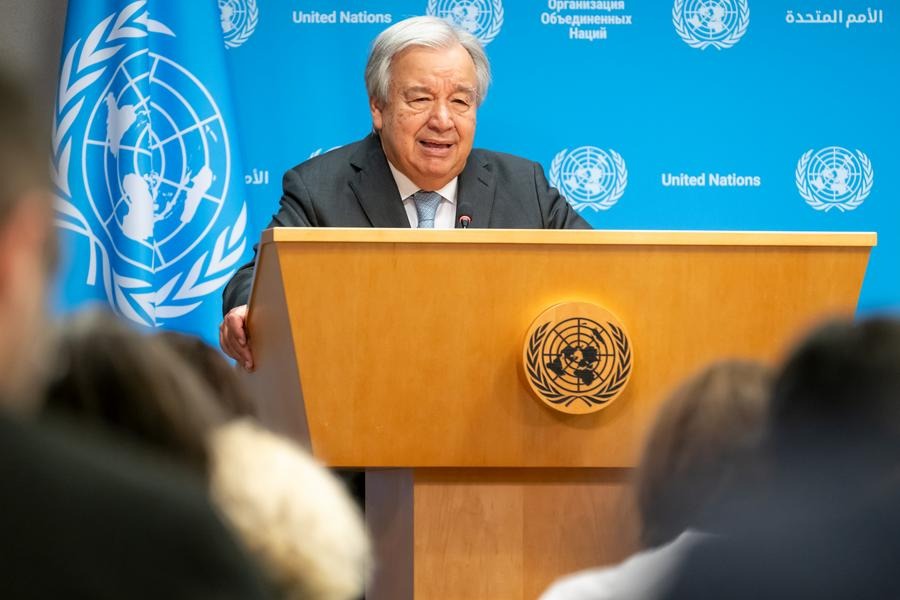1 in 3 admit to feeling lonely, data show

People in the United States are lonely, so lonely that experts are calling it a "public health epidemic".
The number of people aged 45 and older who admitted to feeling lonely was 1 in 3, according to data from the National Academies of Sciences, Engineering, and Medicine published about four years ago.
A more recent study by the Centers for Disease Control and Prevention's National Center for Health Statistics stated that loneliness gets worse if a person lives alone and has little to no social support or contact with others. The study, Living Alone and Feelings of Depression Among Adults Age 18 and Older, was released in February.
From 2012 to 2022, the number of people in the US who lived alone soared from nearly 5 million to 37.9 million. Nearly 16 million people aged 65 and older live by themselves, the 2022 census showed.
Lori Pbert, associate chief of the division of preventive and behavioral medicine at the University of Massachusetts Medical School, told China Daily: "Isolation affects mental health."
'Health epidemic'
US lawmakers and health experts, including US Surgeon General Vivek Murthy, have branded it a "public health epidemic".
"Far too many Americans lack social connection," Murthy said in an advisory. "Social connection is a critical and underappreciated contributor to individual and population health, community safety, resilience, and prosperity."
But Bella DePaulo, author of the book Single at Heart: The Power, Freedom, and Heart-Filling Joy of Single Life, said just because someone lives alone, however, does not automatically mean that person is lonely.
"Living alone can absolutely be a choice," DePaulo told China Daily.
"If you value the time you have to yourself instead of fearing it, you are very unlikely to feel lonely."
But for those suffering, studies show that loneliness can cause an increased risk of depression, anxiety, premature death, cardiovascular disease, dementia and stroke.
Last year, US senators Chris Murphy and Bob Casey introduced the Addressing Social Isolation and Loneliness in Older Adults Act of 2023. It would allocate $62.5 million in annual federal funding to support community-based organizations addressing loneliness.
Agencies contributed to this story.

































